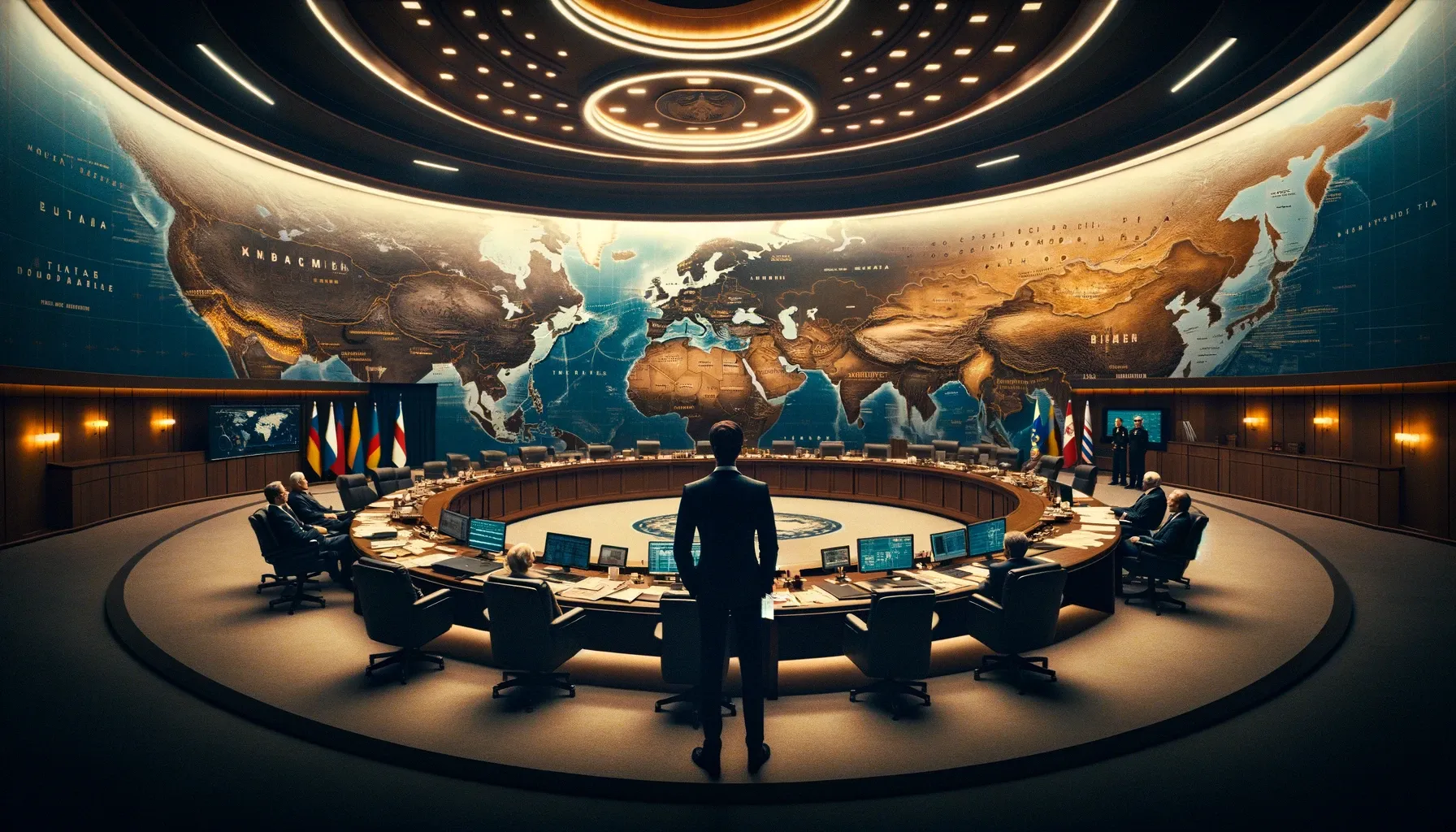NATO Members May Send Troops to Ukraine Independently, Former U.S. Security Council Director Suggests
In a significant development concerning the ongoing conflict in Ukraine, Matthew Bryza, a former Director for Europe and Eurasia at the U.S. National Security Council and a former advisor to the Secretary of State, has indicated that individual NATO member countries might consider deploying their troops to Ukraine, independent

In a significant development concerning the ongoing conflict in Ukraine, Matthew Bryza, a former Director for Europe and Eurasia at the U.S. National Security Council and a former advisor to the Secretary of State, has indicated that individual NATO member countries might consider deploying their troops to Ukraine, independent of NATO's collective action. This statement was made during Bryza's recent interview on the "Espresso" TV channel.
Bryza emphasized that while the actual presence of NATO troops on Ukrainian soil is unlikely, the possibility of some member states taking independent action cannot be ruled out. "There are some NATO members who, not under the auspices of NATO, might send their own military forces and assets to Ukraine," he explained. This remark hints at a new dimension in the ongoing crisis, where individual NATO countries could potentially engage directly in the conflict.
Furthermore, Bryza highlighted the escalating situation between Russia and Ukraine, noting that increased aggression from Russia might prompt some NATO countries to intervene. "The more Russia escalates, the more likely it is that some NATO member countries will intervene in the situation," he stated. This potential intervention, if realized, could significantly alter the dynamics of the conflict, introducing new challenges and geopolitical implications.
However, it's important to note that official representatives of NATO countries have consistently maintained that there is no intention among Alliance members to send troops to Ukraine. This stance is part of a broader strategy to avoid direct military confrontation with Russia, as such a scenario could escalate into a wider war, potentially involving multiple NATO countries.
In response to these developments, Russian officials have been clear about their stance. Any involvement by a third country in the war on the side of Ukraine would be perceived by Moscow as a declaration of war against Russia. This stern warning from Russia underscores the high stakes and risks associated with any potential military involvement by NATO countries in Ukraine.
As the situation evolves, the international community remains alert to the implications of these developments. The possibility of NATO member states independently sending troops to Ukraine, although speculative at this stage, raises questions about the future trajectory of the conflict and the delicate balance of power in the region.




